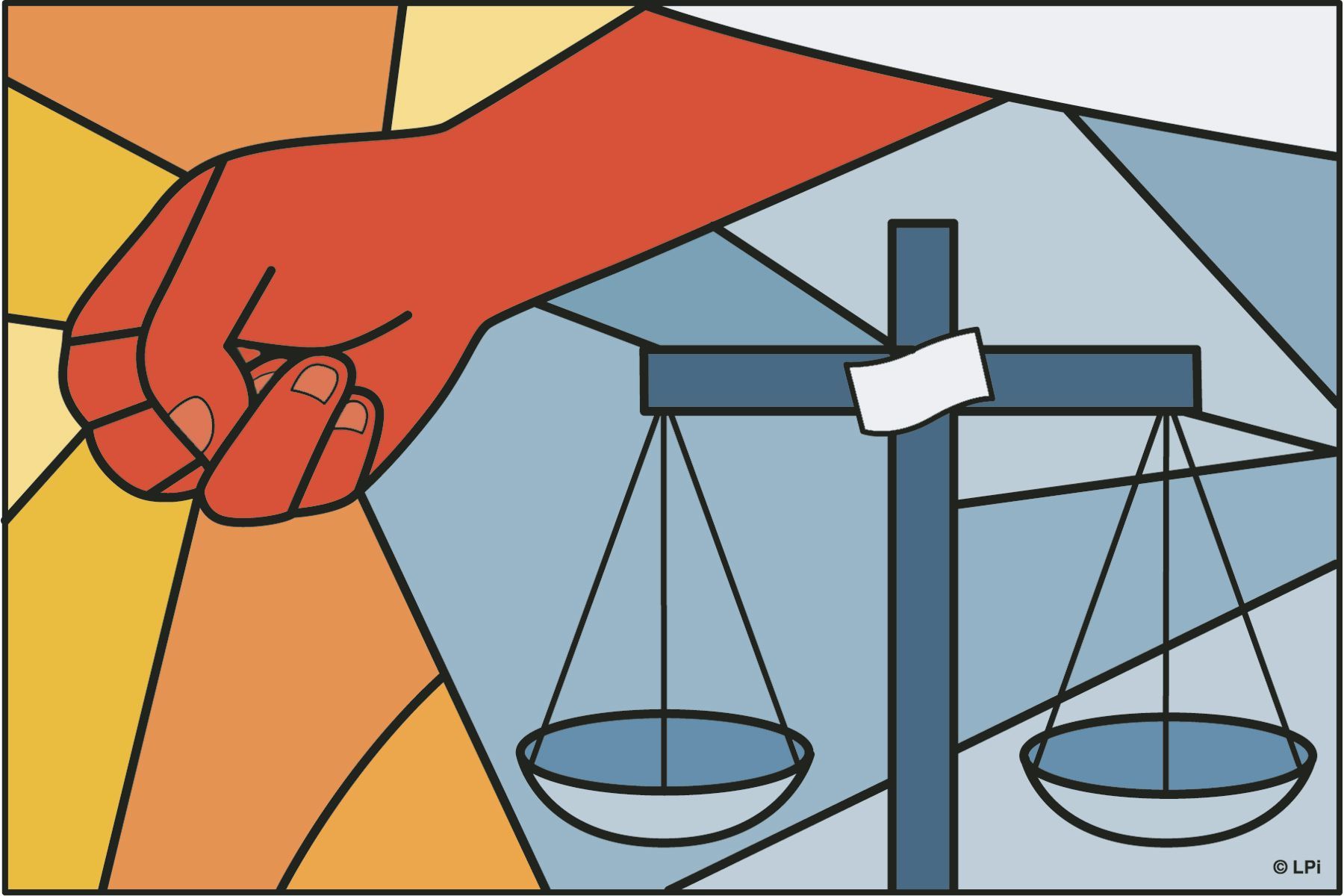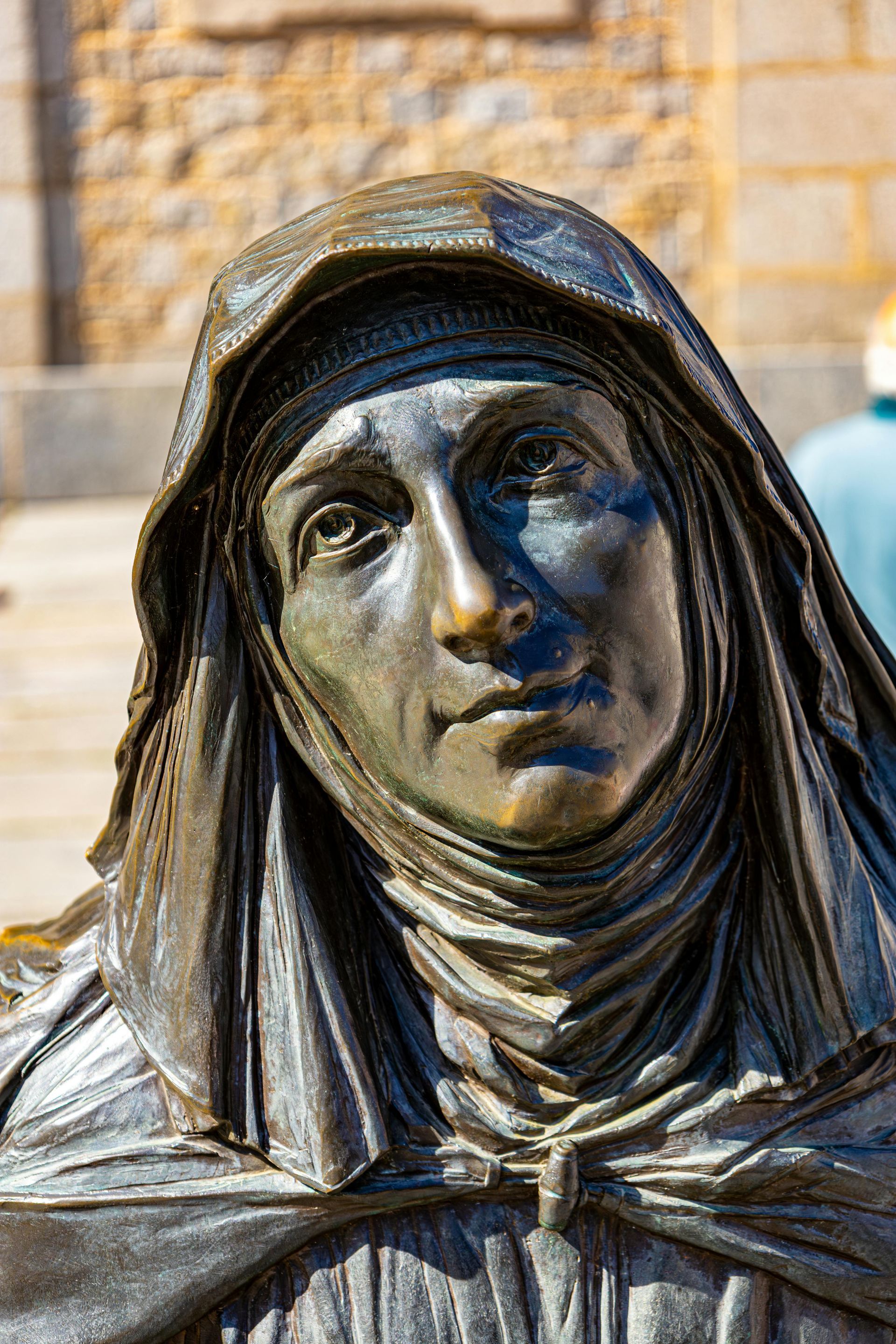April 28, 2024 5th Sunday of Easter B
April 28, 2024
5 th Sunday of Easter B
Promise #3 of the 12-step movement is, “ We will not regret the past nor wish to shut the door on it.” These words come to mind when I hear about Saul in today’s first reading.
It must have been difficult to be accepted by the early Christians when he spent so much time in the recent past persecuting the Christians. Now he wishes to proclaim the gospel of Jesus. Last Sunday we heard how the people piled their cloaks at the feet of a man named Saul as they killed Stephen.
Saul did horrible things in his past. I am sure many had a hard time overlooking what Saul did in the past. I am sure he had many sleepless nights when he regretted his past, yet his past is part of who he was and is. As he was strident in persecuting the Christians in the past, he was strident in preaching the good news in his present. His past is part of who he is. His nature didn’t change, what changed was his cause and his outlook on life.
We all have things in our past that we are not proud of. We all sowed some wild oats. What we were is not the end of the story. God uses the most broken to accomplish the building up of the kingdom. It is said, “every sinner has a future, and every Saint has a past.” What we were in the past is not the whole story. Saul was a single-minded persecutor of the Christians who became a single-minded preacher of the gospel. His way of operating has not changed, just what his goal is has changed.
Our past has formed each one of us into who we are. We can’t change the past, we may regret it, but we can’t change it. The best we can do is strive to do better in the future. It is often hard to put behind us our past. Some will judge us according to what we did in the past. Some will not see how we are different.
It takes someone willing to see beyond our past and look to today and the future.
Barnabas did this for Saul. Barnabas was able to see the man who was there at the moment. He didn’t’ t let the past sway him. He was willing to take Saul at his word and trust that the spirit was at work in him and that he was a new man.
Today we may want to consider what is in our past that we wish to put behind us. Who has been a Barnabus for us? Who was willing to give us the benefit of the doubt.
Who is a Saul for us in our life? Who are the ones who have a past? Are we willing to let them try on a new way of life, or do we prejudge them according to their past? Remember the saints, “Every sinner has a future, every saint has a past”.
I am not sure I would have liked Paul, but I am thankful for him and his ministry. Without Paul, few of us would know about the gospel.
As Fr. Scott shared with us this week, each type of person has a sin; sin doesn’t’ t define the person. Our pet sin can be a deficit and an asset for the way we interact with the world. So, it was with Paul. He was, in his past, and after he met Jesus on the road to Damascus, a man with a mission. He brought all he was and is to his mission to spread the gospel.
Saul may have tried to get away from his past, he was even given a new name. A new name accompanies a new mission. Abram became Abraham, Saul became Paul. The pope takes on a new name Cardinal Bergoglio becomes Francis.
It must have been hard for Paul and the early church. There were many growth pains in the early church. The Holy Spirit came to help the disciples and apostles form the church. The church was and is made up of many who have a past. Our past is not the end of the story. As broken as we may be, we are created in the image and likeness of our God. Therefore, we are created and loved by our God and that makes all the difference in the world.






